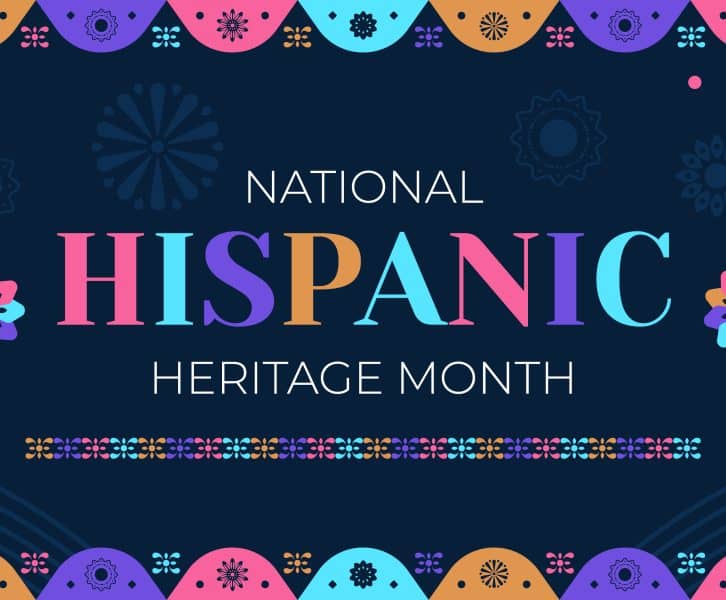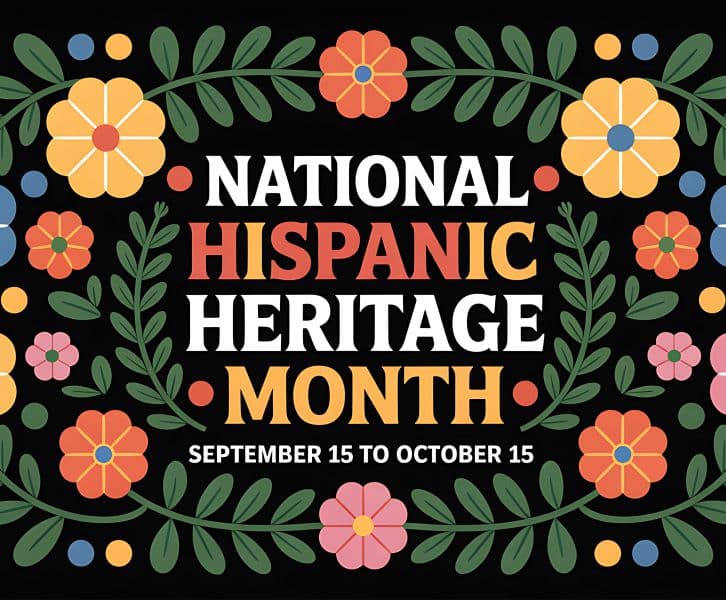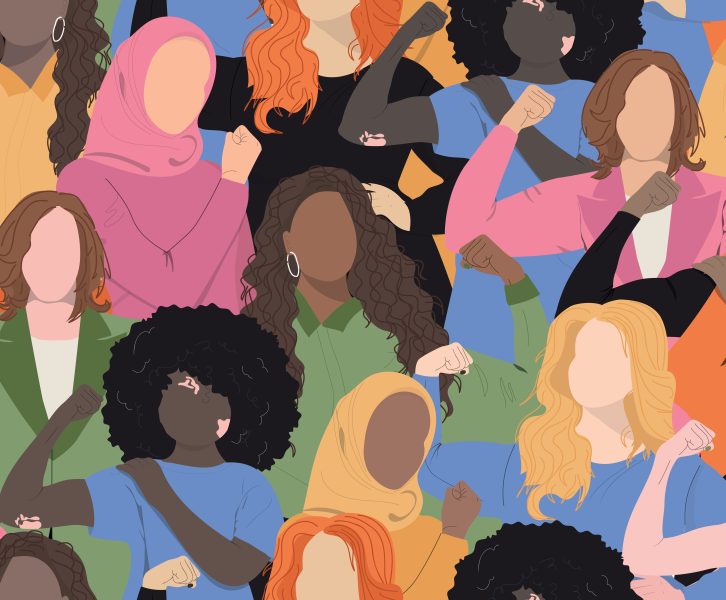It was the second after midnight. The countdown reached zero and the fireworks went up in a nonstop crackling cloud of lights and smoke. Kisses and hugs were being passed around to anyone who was close enough and the last set of hotdogs, chicken, and corn was being tossed on the grill. Older members leaned back in their lawn chairs and prepared themselves to talk all throughout the night. Younger kids were watching the fireworks as the late night energy slowly dwindled down. I started back inside saying goodnight to just about everyone crammed in the house. I left my door cracked open before I hopped in my bed and closed my eyes. Before I could truly ease myself to sleep, a loud whistling noise from a firework sounded in the air…
! CRACK !
It was the second after midnight, and I had fallen asleep in my chair while the rest of the family counted down. I rubbed my eyes and coughed through the scent of copper and metals left in the firework smoke. The back of my chair was leaning against the outside of the house balanced on its hind legs. I rocked myself back upright and the front legs hit the ground with a small ‘Tak’ sound. I stood up and stretched as the scent of roasted foods filled my nose and dulled out the firework air. I made my way back into the house hobbling over the outstretched legs of fully reclined people staring at a TV or were in a head-sent-all-the-way-back sleep. I made it to my room and closed the door behind me. I hopped back into bed and buried my face into my pillow. A whistle sound echoed into the air. I looked up only for a moment as my room lit up in a red glow…
! CRACK !
In the blink of an eye, it was the second after midnight again. Everything was the same. Family and close friends hugged, food was on the grill, and all of the smoke from the fireworks descended from the sky in a haze while rockets were still being shot into the air. I was awake. I know I am awake…. Or at least halfway awake I think. Everything was truly the same as before but I still thought as if this moment was new. I stayed in that same chair and let my eyes focus on the sky. The stars and moon were smothered in clouds, natural and man-made. The haze drifted across the midnight sky in patches before drifting closer to the ground. The rapid-fire fireworks popped followed by the expensive rib rattling explosions with multiple colors that stretched across the sky. Everything was lit up and sparkling. When the moments went silent my eyelids slowly closed before being shocked open by a large–
CRACK!
And a
CRACK!
And another
! CRACK !
The countdown reached zero and… still the same. My eyes shot open with a different thought in mind. I looked around for someone close to me. Maybe it was something I had to do? Something that I missed before? Everyone did the same thing. I don’t feel a difference here. I realize everyone’s been hugged except me. Everyone asleep inside might be going through the same thing. I realize that I stuffed myself into a corner where I could see and not be seen… to a degree. A chair leaned up against a wall isn’t the most hidden look. A familiar firework popped in the distance. I’m running low on time and I feel it. I send myself forward, chair legs and my own feet hit the floor. I lunge at the next person in front of me and I wrap my arms around them. My intent was half catching my fall and half getting the hug over with before I ran out of time. I almost knocked them over. Their shout turned into light sounding laughter as a firework shot into the air. They hugged me back tightly before I could see their face.
CRACK !
Once again, the countdown hit zero. The time seemed to be cut shorter and shorter. I was still stuck in this loop. Everything seemed to hit me all at once. At the top of my lungs I shouted
“Happy New Year!” hands up in the air. People were paused in between their kisses and hugs and the person in charge of the grill held in their hand.
“Happy new year to you too!”
Someone raised their cup and laughed out loud. Everyone joined in cheering once again. One of the younger kids shouted at the people inside, their aunt following behind them to hush their antics. I looked up at the sky, and the fireworks went off after the stream of others.
CRACK !
I watched as the loose sparks fluttered outward and faded. I inhaled some of the same old copper air and sighed. Finally, a new moment.







